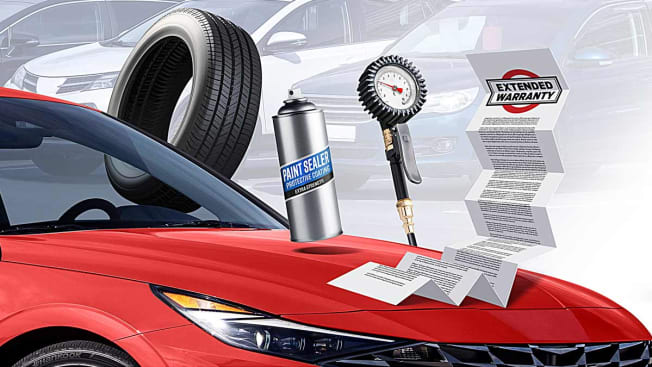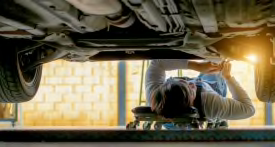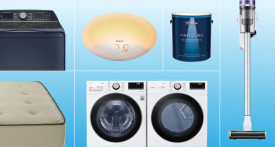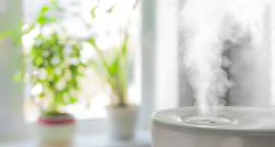Just Say No to These Car Dealership Extras
Rustproofing. VIN etching. Extended warranties. Don’t get talked into these pricey add-ons when you buy your next car.

You may think the hard work is done once you’ve negotiated a good price on a new car. But before you can leave, you’ll have to sign paperwork in the dealership’s finance and insurance (F&I) office. And that’s where things can get tricky.
VIN Etching
What it is: Engraving the car’s VIN, or vehicle identification number, into the windows to deter vehicle theft and assist in vehicle recovery if stolen. Dealers may even say they are required by law to offer it. That may be true, but you are not required to take it—or to pay for it.
How much it costs: Between $200 and $300, based on CR’s experience. Some dealers will sell the car pre-etched and attempt to later upsell this unnecessary service.
Why you should say no: It’s unnecessary. All new cars have VINs stamped in multiple places, including under the hood and inside the doorjambs.
Rustproofing and More
What they are: “Protective” coatings that are sold as a way to maintain paint luster and prevent underbody rust. Interior sprays are meant to improve stain resistance.
How much they cost: Around $600 for paint protection and $800 for rustproofing, based on the experience of CR’s car shoppers, though pricing may vary widely among dealers.
Why you should say no: The frame, exterior paint, and interior fabrics in today’s new cars are designed to last a decade or longer, so extra protection isn’t necessary. Periodic cleaning is all the car needs to look good for years.
Extended Warranty Coverage
What it is: This insurance covers defects that could arise after the car is no longer covered by the factory warranty.
How much it costs: Prices vary widely, but on the high end they can easily add $2,000 or more to the total price of your car. And if you finance that charge, it will cost even more because of the interest you’ll pay.
Why you should say no: Most new cars already come with factory-backed protection, which usually lasts several years and tens of thousands of miles. Powertrain warranties typically last longest and cover the vehicle’s most expensive parts. (Learn more about car extended warranties.)
Wheel and Tire Warranty
What it is: Specific coverage for wheel and tire damage due to driving over curbs, potholes, and other road hazards.
How much it costs: Pricing varies. Chad Fritsche, a Chevrolet salesperson in Kentucky, says his dealership charges about $700 for the coverage.
Why you should say no: Most cars don’t have the expensive low-profile tires that are more damage-prone. “If you’re buying an $80,000 Corvette, it might be worth getting this coverage because those wheels are pricey,” Fritsche says. Check to see what your insurance covers. (Learn more about tire warranties.)
Nitrogen-Filled Tires
What they are: The pitch is that nitrogen-filled tires are less susceptible to the pressure changes that come with fluctuations in temperature than tires filled with regular air. Some dealers will prefill tires with nitrogen, affixing green tire stem caps as proof that it has been done.
How much they cost: Shenhar says he has had dealers try to tack on $400 for this.
Why you should say no: Air is mostly nitrogen anyway. Ryan Pszczolkowski, manager of CR’s tire program, says all tires lose pressure over time, regardless of what’s inside them. (Learn more about using nitrogen in car tires.)
Pinstriping and Other Embellishments
What they are: Add-ons like mud flaps, door edge guards, and decorative stripes along the side of the car that may be offered to personalize a vehicle, and increase dealer profit.
How much they cost: Dealer-added items can pad the price by hundreds of dollars or more before factoring financing into the cost.
Why you should say no: Unless you specifically asked for something, you should refuse to pay for it, Shenhar says: “The car should be ready to go when it arrives from the factory. Just be sure floor mats, the window sticker, two sets of keys, and the owner’s manual are included.”
Editor’s Note: This article also appeared in the April 2023 issue of Consumer Reports magazine.
















